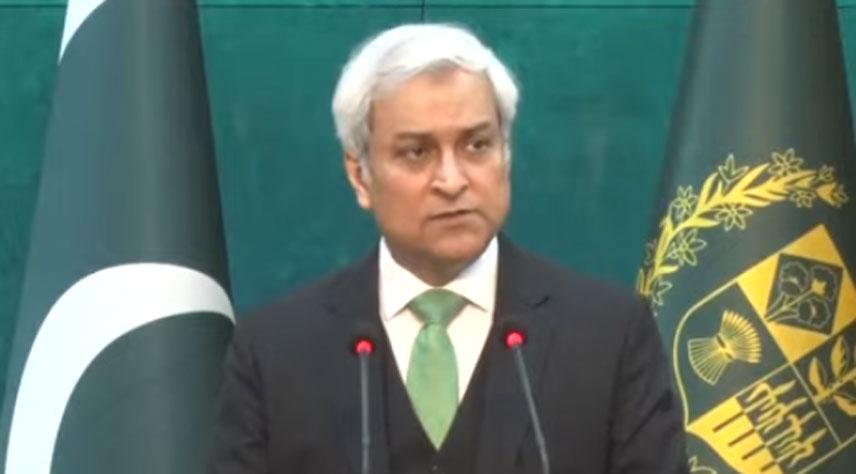Concerns over security of supply were reinforced this week after Russia ordered the switch of gas contract payments to roubles, raising the risk of a supply squeeze and even higher prices

The United States will work to supply 15 billion cubic metres of liquefied natural gas (LNG) to the European Union this year to help it wean off Russian energy supplies, the transatlantic partners said on Friday.
The EU is aiming to cut its dependency on Russian gas by two-thirds this year and end all Russian fossil fuel imports by 2027 due to Russia's invasion of Ukraine. Russia supplies around 40% of Europe's gas needs.
Russia warned the West on Friday that billing in roubles for billions of dollars of natural gas exports to Europe could be just days away and ordered Gazprom to work out how the payments can be made within four days.
Senior U.S. administration officials did not specify what amount or percentage of the extra LNG supply would come from the United States.
U.S. LNG plants are producing at full capacity and analysts say most of any additional U.S. gas sent to Europe would have to come from exports that would have gone elsewhere.
"It normally takes two to three years to build a new production facility, so this deal may be more about the re-direction of existing supplies than new capacity," said Alex Froley, gas and LNG analyst at ICIS.
Even if the 15 bcm is achievable, "it still falls well short of replacing Russian gas imports, which amounted to around 155 bcm in 2021," analysts at ING Bank said.
RELIANCE ON RUSSIA
U.S. President Joe Biden and European Commission President Ursula von der Leyen also announced a plan to form a task force to cut Europe's reliance on Russian fossil fuels.
The Commission will work with EU countries to ensure they are able to receive about 50 bcm of additional U.S. LNG until at least 2030. U.S. LNG exports to the EU last year were about 22 bcm.
The EU has already stepped up efforts to secure more LNG after talks with supplier countries, resulting in record deliveries of 10 bcm of LNG in more than 120 vessels in January.
Meanwhile Germany, the EU's biggest importer of Russian gas, said it has made "significant progress" towards reducing its exposure to imports of Russian gas, oil and coal.
However, Economy Minister Robert Habeck also said it could take until the summer of 2024 for Europe's largest economy to wean itself off Russian gas.
German utilities on Thursday said their country needed an early warning system to tackle gas shortages as companies and EU nations scrambled to understand the ramifications of Russian President Vladimir Putin's demand for gas payments in roubles.
That demand still needs to be backed by a concrete mechanism.
However, German Finance Minister Christian Lindner advised German energy providers not to pay for Russian gas in roubles, in an interview with broadcaster Welt.
"(Russian President) Vladimir Putin is trying to improve his economic situation here. If you pay in roubles - if you pay entirely in roubles - then it strengthens his currency," said Lindner, who added that the decision is with the suppliers.
SOURCE: REUTERS

Gold prices plunge in Pakistan, global markets
- 13 hours ago
Morocco beat Jordan 3-2 after extra time to clinch Arab Cup
- 13 hours ago
PM Shehbaz performs groundbreaking of Centre of Excellence for Autism
- 13 hours ago
UN experts raise objections on India's unilateral actions of May 7 inside Pakistan
- 13 hours ago
Soccer legend Ronald debuts in Hollywood, to play key role in upcoming movie
- 12 hours ago
Water aggression against Pakistan: India curtails Jhelum flows after Chenab
- 7 hours ago
Harrison Ford to get lifetime acting award
- 8 hours ago
More than 42mn children administered polio vaccination during final polio drive in Pakistan
- 12 hours ago
ATC acquits SM Qureshi, awards 10-year sentences each to Dr Yasmeen, Ejaz Chaudhry in May 9 case
- 13 hours ago
Gunman in Brown University shooting found dead, linked to MIT killing
- 13 hours ago

The mass shooting on Australia’s Bondi Beach, briefly explained
- a day ago
PMD to install Advanced Automatic Weather Stations
- 12 hours ago









